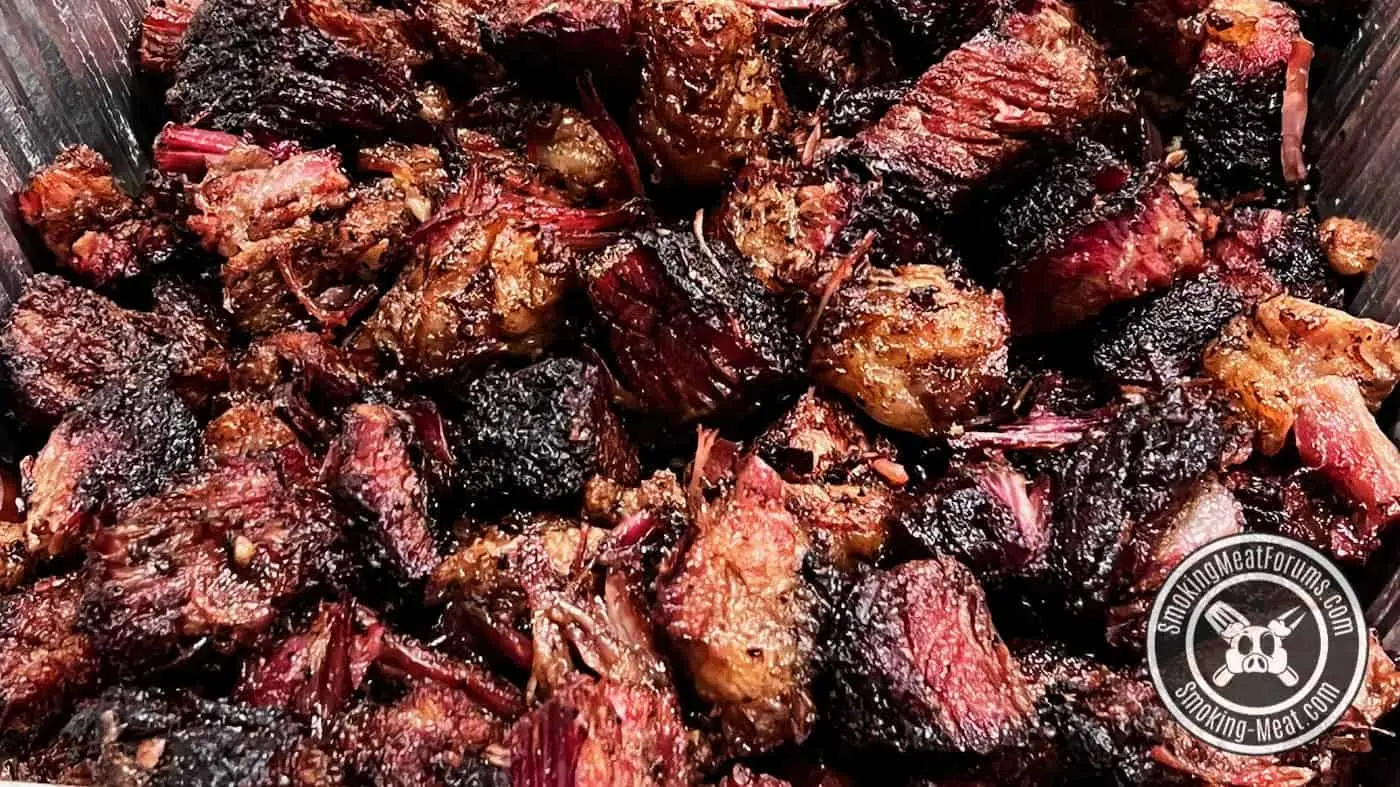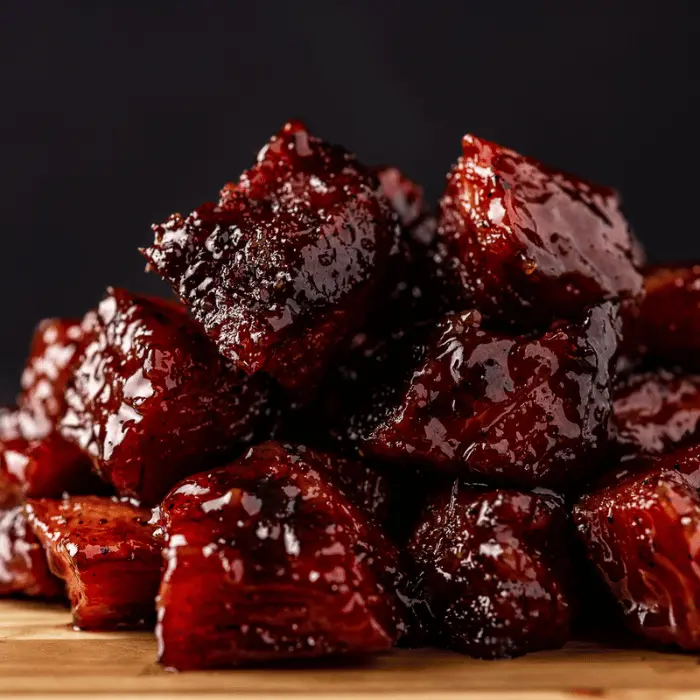When it comes to barbecue, there are few dishes as mouthwatering and beloved as smoked BBQ burnt ends. These delectable bites of meat are a true delicacy, with a rich and smoky flavor that is sure to satisfy any carnivorous craving. Whether you're a seasoned pitmaster or a barbecue enthusiast looking to try something new, smoked BBQ burnt ends are a must-try dish.
What are Burnt Ends?
Burnt ends are cubes of meat that are cut from the point end of a smoked brisket. During the smoking process, the point end of the brisket becomes incredibly tender and flavorful. Pitmasters then separate the point from the flat and return the point to the smoker to cook for additional time. This extra cooking time gives the meat a caramelized crust and intensifies the smoky flavor, resulting in the delicious burnt ends we know and love.
How to Make Smoked BBQ Burnt Ends
Making smoked BBQ burnt ends requires time, patience, and a few key ingredients. Here's a step-by-step guide on how to make this mouthwatering dish:
Step 1: Prepare the Brisket
Start by trimming the fat cap of the brisket, leaving a thin layer to help keep the meat moist during the smoking process. Season the brisket with your favorite rub, ensuring that it's evenly coated on all sides.
Step 2: Smoke the Brisket
Place the seasoned brisket in a smoker preheated to around 225°F (107°C). You can use wood chips or chunks to add a smoky flavor to the meat. Smoke the brisket until it reaches an internal temperature of around 165°F (74°C).
Step 3: Separate the Point and Flat
Once the brisket reaches the desired temperature, remove it from the smoker and let it rest for a few minutes. Then, separate the point from the flat by cutting along the fat line that divides the two muscles.
Step 4: Return the Point to the Smoker
Return the point to the smoker and continue cooking until it reaches an internal temperature of around 200°F (93°C). This additional cooking time will allow the fat to render and the meat to become tender and flavorful.

Step 5: Cube the Point
Once the point is fully cooked, remove it from the smoker and let it rest for a few minutes. Then, cut the point into bite-sized cubes, ensuring that each piece has a good balance of caramelized crust and tender meat.
Step 6: Glaze and Caramelize
In a separate bowl, mix together your favorite barbecue sauce with a touch of honey or brown sugar. Toss the cubed burnt ends in the glaze until they're evenly coated. Return the glazed burnt ends to the smoker for a final round of cooking to caramelize the sauce and enhance the flavor.
- Q: How long does it take to smoke burnt ends?
- A: The total cooking time for smoked BBQ burnt ends can vary depending on the size of the brisket and the temperature of your smoker. On average, it can take anywhere from 8 to 12 hours.
- Q: What type of wood is best for smoking burnt ends?
- A: For the best flavor, you can use hardwoods like oak, hickory, or mesquite. Each wood imparts its own unique smoky flavor to the meat.
- Q: Can I make burnt ends with other types of meat?
- A: While burnt ends are traditionally made with brisket, you can experiment with other cuts of meat like pork shoulder or beef ribs to create delicious variations.
Smoked BBQ burnt ends are a true barbecue delicacy that every meat lover should try. The combination of tender, smoky meat and caramelized crust is simply irresistible. With a little time and effort, you can create this mouthwatering dish in your own backyard. So fire up the smoker, grab a brisket, and get ready to indulge in the deliciousness of smoked BBQ burnt ends.
If you want to know other articles similar to Delicious smoked bbq burnt ends: a barbecue delicacy you can visit the Barbecue category.


Related Articles